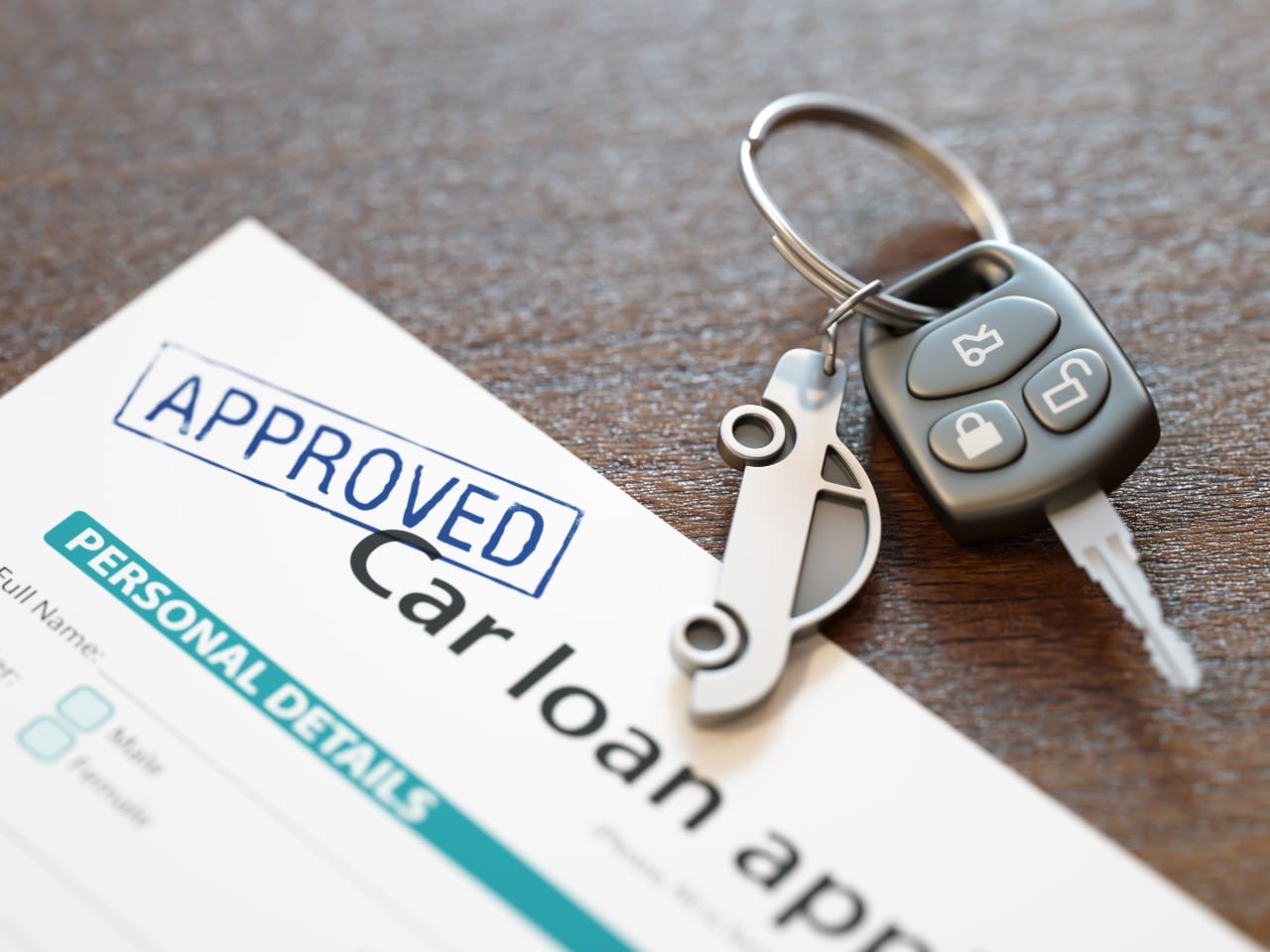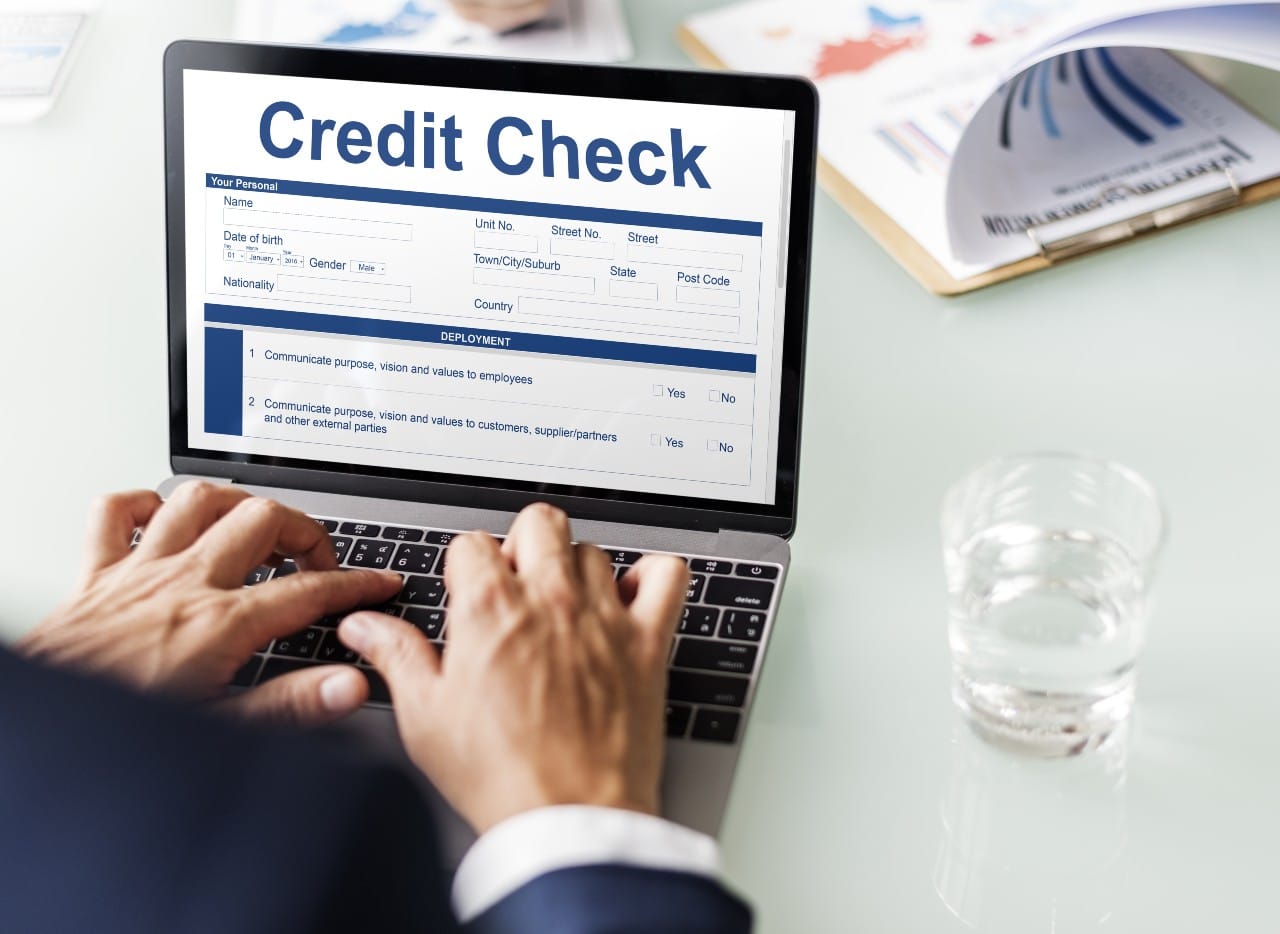We live in a world where having a car is most often a necessity. It can make your life easier and open up new opportunities. This is a world of roads, and many people prefer to navigate them on their own terms. On the flip side, cars can become a huge expense that many people are not ready for. For those looking for their first car or getting a new one the costs involved can be daunting. With a little patience and some research, these costs can be kept to a minimum and won’t put an unnecessary strain on your finances.
Keeping car costs low when buying a car
The first thing to do is to decide what kind of car you need. As tempting as it might be to get something flashy or with more options than you need, it will cost you. Look at your routine and take a realistic look at what you need versus what you want. With that in mind, do your research for what is best for you.
Take a look at your budget and what you can afford. It is important to aim for a car not only within your budget but one that you will be able to afford to actually use. Leave wiggle room in your budget for gas, insurance, and maintenance. Weigh the total cost of the car versus your budget to find the best car to suit you.
Don’t forget to look into tax benefits, credits, and any other factor that might help you with this purchase.
Should you buy new or used?
Used
The lower initial price tag of a used car might be tempting but, don’t rush into a decision. Though these vehicles are much cheaper than buying new they might come with some hidden problems. It is important to have the car inspected and know of any issues and wear and tear that might not be evident at first. Repair costs may negate the initial savings.
Of course, not all used cars will end up being a money pit. A good starting indicator is how many kilometres the car’s been driven. The general rule of thumb is that most cars are driven an average of 20,000 KM a year. If you find a well-priced car with less than that it’s worth taking a more serious look at the car.
How do you know that a car is well-priced? Auto Trader and Kelley Blue Book are great pricing resources. Use them to look up the make, model and year of the car you’re considering buying to get a solid idea of its current market value.
New
Buying new has some great perks. Warranties cover surprise repair costs. You can get the latest technology and customize it with the features you want. While all that is great it’s important to weigh those benefits against the higher costs. Especially, when it comes to an item that significantly depreciates in value as soon as you drive off the dealer’s lot. For some, the benefits are worth the extra cost, for others, they’re not. It’s all a matter of deciding what’s most important to you.
Getting a loan to get your new car
For many getting a loan is the only way they can buy a car. Depending on your credit, this might be a sticky point in the process of buying a car. Bad credit can mean paying higher interest rates or not being able to get a loan at all. If that’s the case for you, don’t feel defeated. There are many places that have flexible financing and may have more options for people with less healthy credit. It pays to shop around. Don’t just finance your car through the dealership. Pay attention to the interest rates on the loan, and make sure it will be something you will be able to afford to pay back.
Don’t forget the fine print
Buying a car comes with a lot of hidden costs. Registration fees, inspections, maintenance, and customization all add pressure to a person’s wallet. Do your research so you can take all these extra expenses into consideration. If your budget for the car does not have a buffer, you might find these extra fees the make-or-break costs of buying your new car. We live in a world of extra fees and charges, so it pays not to be caught unaware.
Reading the fine print will also alert you to other things you need to know. For example, there are certain requirements like oil changes and maintenance, that must be done or your warranty is voided.
Cars cost money even after you buy them
It is easy to forget that cars cost a lot of money even after you buy them. It might be tempting to ignore some of the upkeep and maintenance, but you should stay on top of it. Think of your car as an investment and unless you protect this investment you will lose money. You want this car to be reliable and last for years to come so you should stay on top of maintaining it. Do oil changes as suggested by the manufacturer. Do periodic checkups, change the tires and if something is acting up, get it looked at. A small problem can become a big one fast and it pays to get it before it grows.
What about car insurance?
Car insurance is not only a good idea it is the law. Any car out on the roads must be insured and it is your responsibility to stay on top of it. When it comes to insurance, similar to when buying a car, it pays to shop around. There are a lot of options to consider. Getting basic liability is cheaper but does not protect you from the expense of repairing or replacing your car in case of an accident. Partial or full coverage will help you in case of damage to the car but the monthly premiums are much higher.
Often, insurance companies will offer certain discounts. Popular ones are:
- Insuring both your home and car with the same company
- Insuring multiple cars
- Using snow tires
Some companies have driving habit tech that will lead to lower rates. You simply insert the device into your car. As you drive it keeps track of your driving habits, like speed and how often you drive late at night. The safer you drive the lower your premium.
Have you seen gas prices lately?
One of the biggest costs of having a car is fuel. Prices are ever going upward and can take a huge bite out of your wallet!
When buying a car, a good starting point for what to expect in terms of mileage for a particular make and model is by doing a simple Google search. That will give you a good idea of how much you’ll need to set aside for fuel costs. Keep in mind, that’s just a starting point. It’s a good idea to keep track of fuel expenses so you know a specific number for your car. Knowing what mileage to expect from your car can also be a good alert system. If you notice you’re not getting the same amount of mileage out of a tank of gas as you normally do, it can be a good indicator something is going on with the car that’s not easily detected. This will give you the chance to address any issues earl and could save you a lot of money.
If you really want to minimize paying gas prices, you might want to consider an electric or hybrid car. They are usually more expensive to buy but will save you a lot of money on fuel in the long run. Some cities even offer other perks for driving eco-friendly cars, like driving solo in high occupancy lanes.
If you decide on a fully gas-driven car you can plan your routes and consumption and try to keep your monthly gas prices low. You can also get in the habit of paying attention to when gas prices change. They’re usually higher during morning and afternoon rush hour, as well as, Fridays. You’ll save a lot of money by avoiding filling your tank at those times.
Budget monthly to keep your car costs low
Car ownership is a constant cost that can’t be avoided. Creating a monthly car budget can give you the full picture of the true costs of maintaining your vehicle.
A car budget should include:
- Loan payments
- Insurance
- Maintenance
- Parking
- Gas
- Registration
Keeping all of this in mind before buying will go a long way to helping make sure you won’t end up car poor.
There are ways to offset the cost of car ownership
There are ways your car can make some money for you.
You might consider doing a ride-share program such as Lyft or Uber. There are also delivery companies such as Doordash or Skip the Dishes. Any of these can be done part-time or full-time and are relatively easy to do.
You can also make money by having an advertising car wrap put on your car. How lucrative this option is will depend on how much and where you drive, as well as, the make and model of your car.
While these are fairly easy ways to make money, you need to factor in the wear and tear on your vehicle and the extra insurance costs. However, this could be a good way to offset some of your car costs or even turn your budget in your favour.
It’s worth all the effort
In conclusion, the process of buying a car, new or used is a complicated one. No matter how you look at it this is a big investment and something that will affect your budget every month. It is important to plan, research, and take your time. By doing so, you can keep costs low. Leaving you able thoroughly enjoy the perks of car ownership without all the stress.
Unexpected car expenses got you in trouble financially? Our expert credit counsellors can help put together a plan to get you out of debt. Reach out today to get started.









